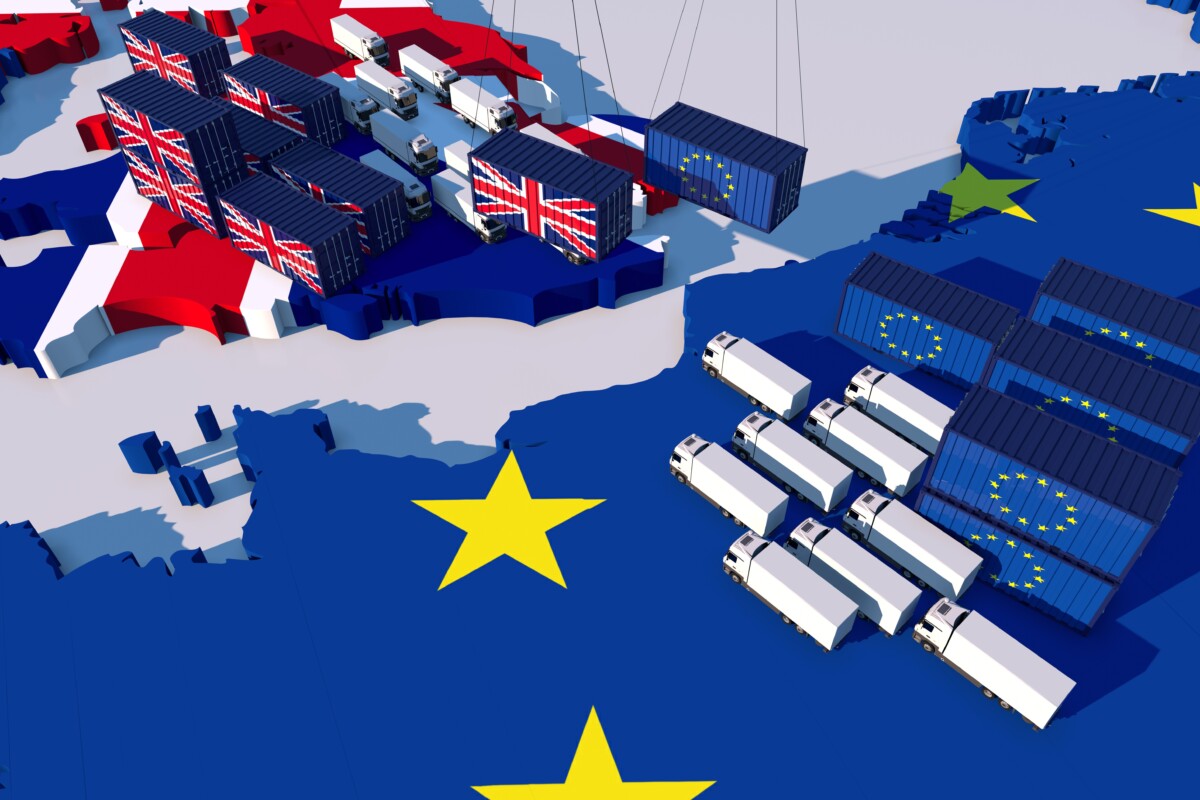BREXIT – one year later
On the 31st of January 2020, the U.K. formally left the EU. With the transition period ending on December 31st, 2021, new customs formalities are now compulsory. In this article, we will take a closer look at the changes BREXIT entails for the shipping industry. We have also chatted to one of Begoma’s clients about their “Brexperience”.
Let’s start with a quick run-through of the changes enforced from January 1st, 2022:
- All goods exported to and from the U.K. will require custom declarations. This is unavoidable since Great Britain is no longer part of the EU and its customs union. Goods that don’t meet the legal requirements will be stopped at the border.
- As of January 1st, 2022, you won’t be able to delay declarations in the UK anymore. UK companies will need a new EORI number. Contact your country’s customs if you don’t have a number yet.
- All shipments between the EU and U.K must be cleared through customs.
- There are new Rules of Origin requirements. You need to provide evidence of your goods’ country of origin. As a trader, you need to check if your products comply with the agreed Rules of Origin.
- When exporting to the U.K. you need to complete an EU export declaration and a U.K. import customs declaration. You also need to pay the import VAT and any duty. This same procedure applies when you are exporting from the U.K. to Europe; you need to complete a customs export declaration and the importer in the EU will need to pay taxes and duties levied on the goods, based on the classification of the goods.
We checked in with one of our clients and asked how Brexit has affected their business:
“The most obvious change we have noticed is longer transit times”.
New research states that shipments between the U.K. and the EU are taking 112% longer on average.
“We have also noticed that the U.K. doesn’t address any problems and instead lets their counterparts handle them”. “There is still a shortage of truck drivers in the U.K., which causes a problem for us”.
The British government and the Road Haulage Association has estimated a shortage of 100,000 qualified drivers in the U.K.
“Many companies have restructured their business in various ways.”
According to a new report, 85% of companies in the U.K. have restructured in the wake of Brexit. The majority believe that leaving the EU has a negative impact on their operations.
Brexit has most certainly made shipping to the U.K. a more complex and lengthier affair with extra red tape and documentation at the border that you need to be aware of.
Do you have any questions or concerns? Begoma’s in-house customs specialist Helen Lorentzon is happy to assist you with advice and facts regarding customs clearance.


 English
English

 English
English  Swedish
Swedish  Polish
Polish  Dutch
Dutch  Czech
Czech  Italian
Italian  Ukrainian
Ukrainian  Zambia
Zambia